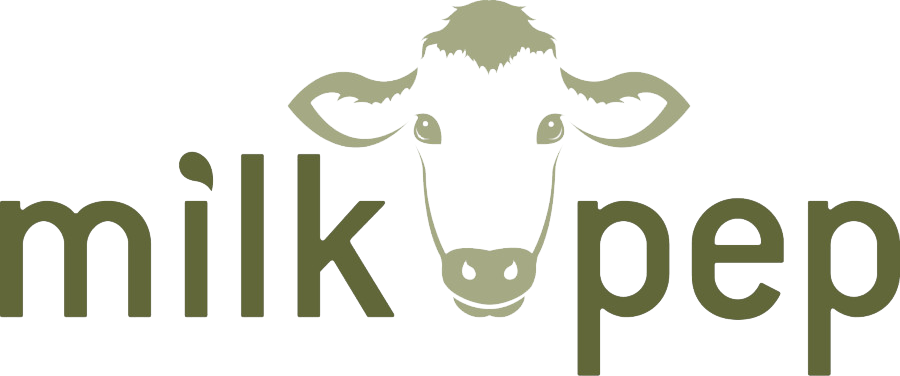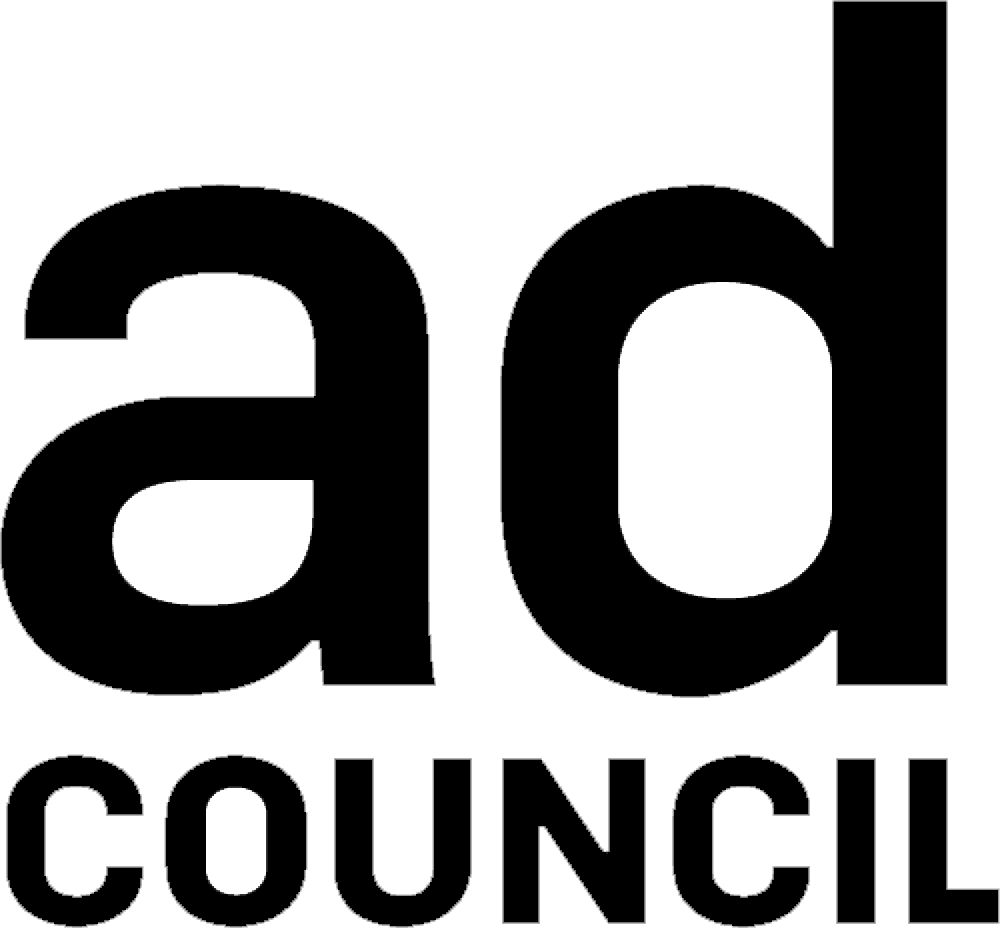BRIDGE24 Key Takeaway
Supporting quality journalism is crucial for advancing DEI and combating misinformation.
Industry leaders explore the critical intersection of quality journalism and Diversity, Equity, and Inclusion (DEI) efforts.
At a recent BRIDGE24 workshop, industry leaders explored the critical intersection of quality journalism and Diversity, Equity, and Inclusion (DEI) efforts. As misinformation proliferates and societal divisions deepen, these experts emphasized the urgent need to support credible journalism to advance DEI initiatives.
1. The Urgent Need to Support Quality Journalism
“We need to defend, we need to ring-fence ad budgets for the specific purpose of supporting credible news and we need to mobilize.”
— Lou Paskalis, Chief Strategy Officer, Ad Fontes Media
Lou Paskalis emphasized the critical importance of supporting quality journalism, especially as national elections approach. With journalism's ability to serve as a trusted information source decimated over the last three decades, particularly at the local level, mobilizing support for credible news sources is crucial for maintaining progress in Diversity, Equity & Inclusion.
2. Funding Real News for Informed Decision-Making
“We need to mobilize around supporting quality journalism.”
— Lori Goode, Chief Marketing Officer at Index Exchange
Lori Goode stressed the imperative of funding real news and quality journalism now more than ever, to ensure informed decision-making. She pointed out that organized efforts, like the right-wing Heritage Foundation's "Project 2025," a plan for remaking the government's regulatory and workforce framework at all levels, highlight the necessity of unified action to maintain journalistic integrity and truth.
Goode called for a redirection of ad budgets to support quality information and safeguard the future of independent journalism.
3. Journalism as a Catalyst for Organizational Change
“Journalism ignited a series of changes at our firm that led to the creation of our Global Office of Diversity, Equity & Inclusion.”
— Justin Grant, JPMorgan Chase
Justin Grant shared a powerful example of how quality journalism can drive positive organizational change. He recounted how a New York Times report on a discrimination incident sparked significant reforms within JP Morgan Chase, demonstrating the transformative power of investigative journalism in holding institutions accountable.
4. Addressing Political Bias in Media
“Viewpoint diversity shouldn’t be a talking point championed only by conservatives.”
— Vanessa Otero, CEO of Ad Fontes Media
Vanessa Otero, whose company tracks and analyzes media bias, offered a way out of the restrictive media bubbles that inhibit genuine debate and shared civic knowledge. Instead of focusing on the impossible, impractical notion of erasing the inherent biases we all carry, brands and advertisers should strive to mitigate them through inclusive practices.
She called for a balanced inclusion of left, right, and center perspectives, emphasizing that understanding and addressing political bias is essential in today's polarized society.
5. The Need for DEI Practitioners To Be a Part of the Story
“The media keep saying DE&I is dead and talk about what it’s not doing, but they never talk about the people who do the work”
— Lois Castillo, head of DE&I at BASIS Technologies
Lois Castillo highlighted a critical gap in media coverage of diversity, equity, and inclusion efforts. While news outlets often declare "DE&I is dead" or focus on perceived failures, they neglect to report on the practitioners doing the actual work.
Castillo emphasized the toll this work takes on DE&I professionals, noting the "physical, mental, and emotional breakdown" many experience. She called for DE&I practitioners to "own our narrative" and speak about how the work affects them, especially as many in the field face job losses or are leaving the practice entirely.
Action Steps for Industry Leaders
- Allocate specific portions of ad budgets to support credible news sources
- Engage in partnerships with quality journalism outlets to promote factual reporting
- Implement media literacy programs within organizations to help employees navigate bias and misinformation
- Support and amplify the voices of DEI practitioners in media and organizational communications
- Encourage balanced reporting by supporting diverse viewpoints in journalism
Conclusion
The relationship between quality journalism and DEI efforts is symbiotic. Quality journalism exposes inequities and drives organizational change, while DEI efforts ensure that diverse voices and perspectives are represented in the media landscape. By supporting credible journalism, industry leaders can play a crucial role in advancing DEI initiatives, combating misinformation, and fostering a more informed and equitable society.
As we navigate an increasingly complex information landscape, the commitment to supporting quality journalism is not just a matter of social responsibility—it's a strategic imperative for organizations committed to diversity, equity, and inclusion.





